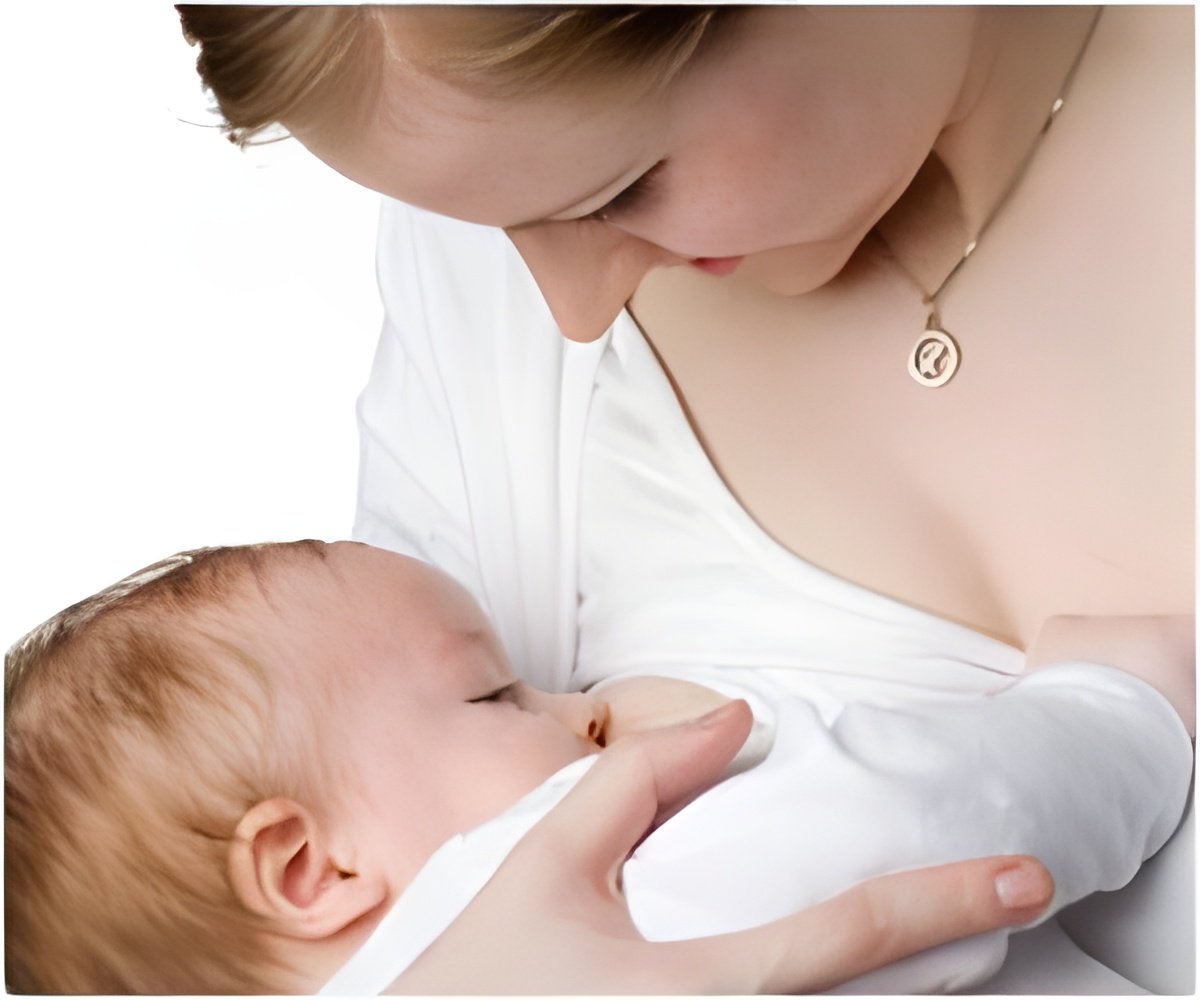Despite yet another milk powder scare in the country, China continues to have one of the world’s lowest breastfeeding rates.

In China the scare recalled memories of a scandal over locally-produced tainted milk formula, which left six children dead and made more than 300,000 ill in 2008.
Ths scare was a key driver in a boom in imports that has seen the market for formula grow from a total $1 billion in 2002 to $9 billion this year, according to statistics from the United Nations' children's agency Unicef, and an expected $13 billion in 2015.
The demand for informal imports has at times seen supermarket shelves cleared around the world and retail purchase restrictions imposed from Britain to Australia.
Only 28 percent of Chinese mothers breastfeed for the first six months -- a figure which drops to 16 percent in urban areas.
The global average is about 40 percent, while more than 80 percent of mothers in the UK breastfeed.
Advertisement
"The government is unable to market the benefits of breast milk at a very large scale, because there is this crowding-out by the other marketing from formula companies," he told AFP.
Advertisement
Firms say that "they reinforce breast milk substitutes with all sorts of products that enhance learning, that makes your child smarter, and contains all types of immunogenic substances, whereas natural breast milk already has these substances", he added.
Scherpbie also said the growing Caesarean rates in China had also seen breastfeeding decrease. Just 50 percent of babies in China were delivered in hospitals in 2005, he said.
Hospital delivery is now almost universal but about half of those are Caesarean births, often with babies separated from their mothers soon after birth, making breastfeeding impossible.
Maternity leave could be extended from the current 98-day limit, Scherpbie added. But he said there was great pressure on mothers to return to work in China, where many families are supported by parents who work long hours.
Working mothers take to Internet message boards to air their frustrations over poor breastfeeding facilities in the workplace.
Yanhong Wheeler, a Beijing-based author of books on childcare and breastfeeding, said many Chinese mothers felt victimised because of a lack of basic knowledge on the quantity of breast milk a baby needs.
"The mother's family -- particularly the new grandparents and the mother-in-law -- blames the mother for starving the baby and for not having enough milk if there are any problems," she told AFP.
"And in the background of this, formula milk is everywhere. They are really aggressive about their products. They say they (products) are close to breast milk -- and that is a lie."
"I would say these companies are brainwashing, but not just mothers. Those that should be supportive are also being brainwashed."
Wheeler said babies are often cared for almost exclusively by the wider family in the first month after childbirth, when the mother is often bedridden.
Later, many Chinese babies remain in the care of grandparents when the mother returns to work.
Some formula milk providers approach mothers directly with their products and up to 52 percent of pregnant women had received a free trial, according to a survey by Beien, an Internet message board for new mothers.
"I received quite a lot of samples, mostly in small amounts and they kept coming until even after childbirth," one new mother in Beijing told AFP.
Formula companies in China -- including Abbott, Mead Johnson, Nestle, Wyeth and Yili -- were unavailable for comment.
Increasingly competitive formula companies have targeted markets in poorer countries in recent years. Campaigners have dogged Nestle for decades, claiming the company markets its products to women who would be better off breastfeeding.
Both Unicef and the World Health Organisation (WHO) recommend breastfeeding from birth to six months of age, and continued breastfeeding plus nutritious complementary foods thereafter, up to two years or beyond.
"Breastfeeding is a natural act, but also a learned behaviour which needs social and peer support," Marianna Trias, senior programme management officer for WHO in China, told AFP.
There were still "challenges... to overcome" in China, she added.
Source-AFP











